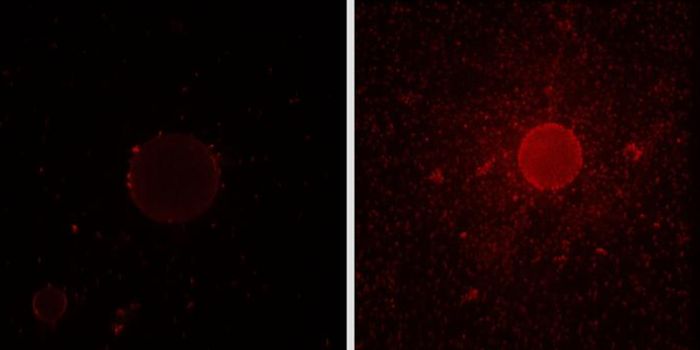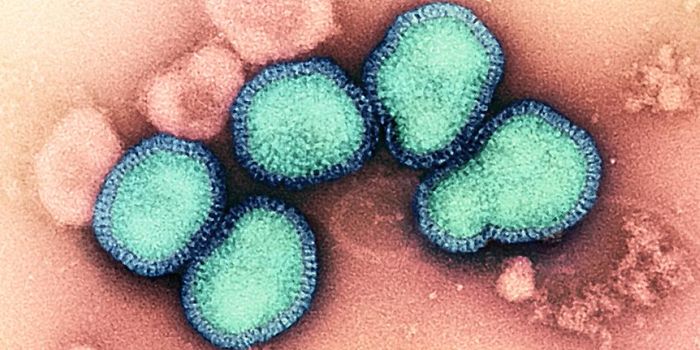Researchers at Brigham and Women’s Hospital and Harvard Medical School identified a new mechanism that mammals use to manage their gut microbes.
A number of factors shape the host microbiome, including diet, disease, and genetics. Weiner and colleagues found that
microRNAs (miRNAs) produced by intestinal epithelial cells are capable of regulating bacterial growth.
miRNAs are non-coding RNAs, roughly 18-23 nucleotides in length. The pre-miRNAs are processed in the cytoplasm by an enzyme called
dicer. The miRNAs base pair to complementary sequences of mRNA and this interaction silences gene expression through various mechanisms. The human genome probably encodes around 1,000 miRNAs that regulate roughly 60% of the genome.
According to study author Howard Weiner, “since gut microbes play an important role in host metabolism and immunity as well as in disease, it is important to understand the mechanisms by which the microbiota is regulated by the host and to identify ways in which to manipulate the microbiome … our findings reveal a host defense mechanism and highlight microRNAs as a strategy for manipulation of the microbiome for the health of the host”.
The group found that mice with dicer-deficient intestinal epithelial cells had trouble controlling the growth of their gut microbes and developed colitis more frequently. This was reversed, however, when the mice were treated with wild type miRNAs. Finally, they showed that the mouse miRNAs were capable of entering bacteria. They added fluorescent miRNAs to fluorescent
E. coli cells and observed the miRNAs entering the bacteria and interacting with their DNA.
“Our study suggests that the ability of the host to control gut microbes likely provided organisms with an evolutionary advantage, that is, the prevention of diseases such as colitis and colorectal cancer … we are optimistic that it will one day be possible to harness this natural host defense mechanism by administering microRNAs as therapeutic compounds to improve health and treat disease", says Weiner.
Sources:
Cell,
Science Daily, Wikipedia









